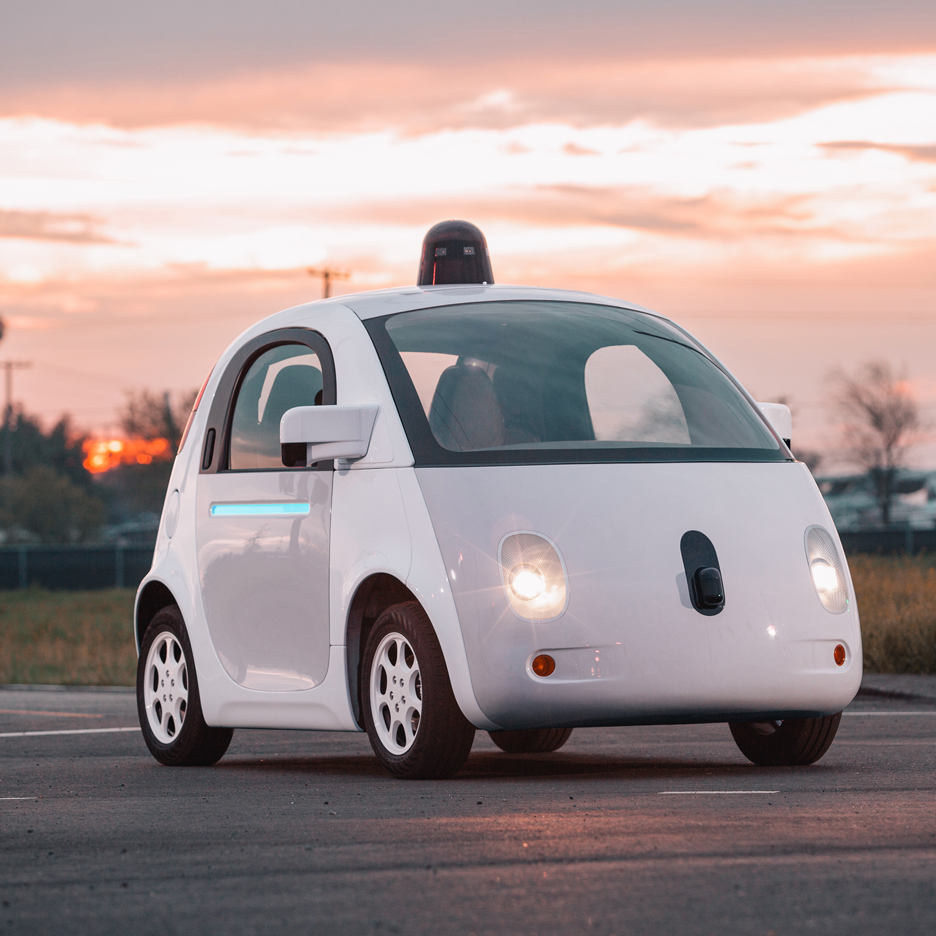Beverly Hills to replace public transport with self-driving cars
Beverly Hills City Council has unanimously approved plans for a driverless-car programme that could replace the affluent Los Angeles neighbourhood's public transport system.
Passed earlier this month, the resolution calls for the city to take a leading role in testing and deploying a fleet of driverless municipal shuttles – although no timeframe has been outlined yet.
"This is a game-changer for Beverly Hills and, we hope, for the region," said mayor John Mirisch. "Beverly Hills is the perfect community to take the lead to make this technology a reality. It is now both feasible and safe for autonomous cars to be on the road."
Users would access the on-demand, point-to-point transportation within the city by requesting a ride using their smartphones. The plan also calls for partnerships with manufacturers such as Google and Tesla, which are both developing autonomous vehicles (AVs).
Google's system has been officially recognised as a driver in the US, paving the way for the legalisation of autonomous vehicles, although one of its models crashed into a bus in California earlier this year.
Tesla founder Elon Musk announced rival plans for self-driving cars last year, and predicts they will be on the road within two years.
Mirisch believes that driverless cars could solve many of Beverly Hills' problems, including helping commuters reach the new subway stations on Los Angeles' extended Purple Line, due to open by 2026.

The plans for the expanded subway systems do not include enough additional parking provision for those travelling to the stations, according to the council.
"We can't solve future or even today's problems using technology of the past," Mirisch said. "[Autonomous vehicles] will take private cars off the road, reduce demand for parking, increase safety and mobility for everyone, including the disabled, and solve the 'first/last mile' challenge for residents using the future Purple Line."
On a wider scale, the US has pledged $4 billion to roll out driverless cars across the country over the next decade.
Many designers and companies are proposing ideas for autonomous vehicles and supporting infrastructure, as the technology edges closer to ubiquity.
MIT researchers have developed a conceptual traffic system that would enable driverless vehicles to whizz through intersections without colliding, while Foster + Partners and Nissan believe that self-charging driverless cars could be used to power homes in the future.
Image of Beverly Hills is courtesy of Shutterstock.